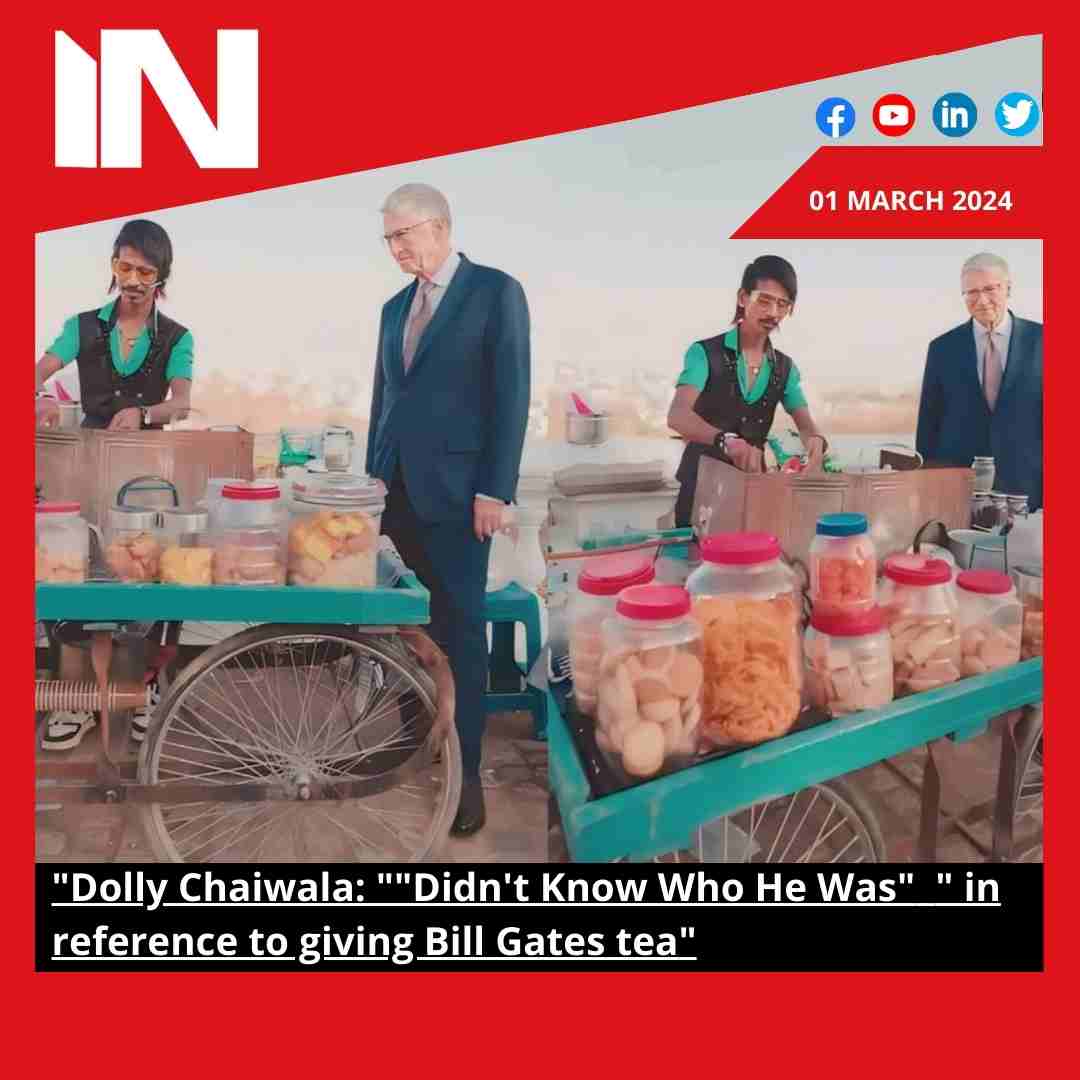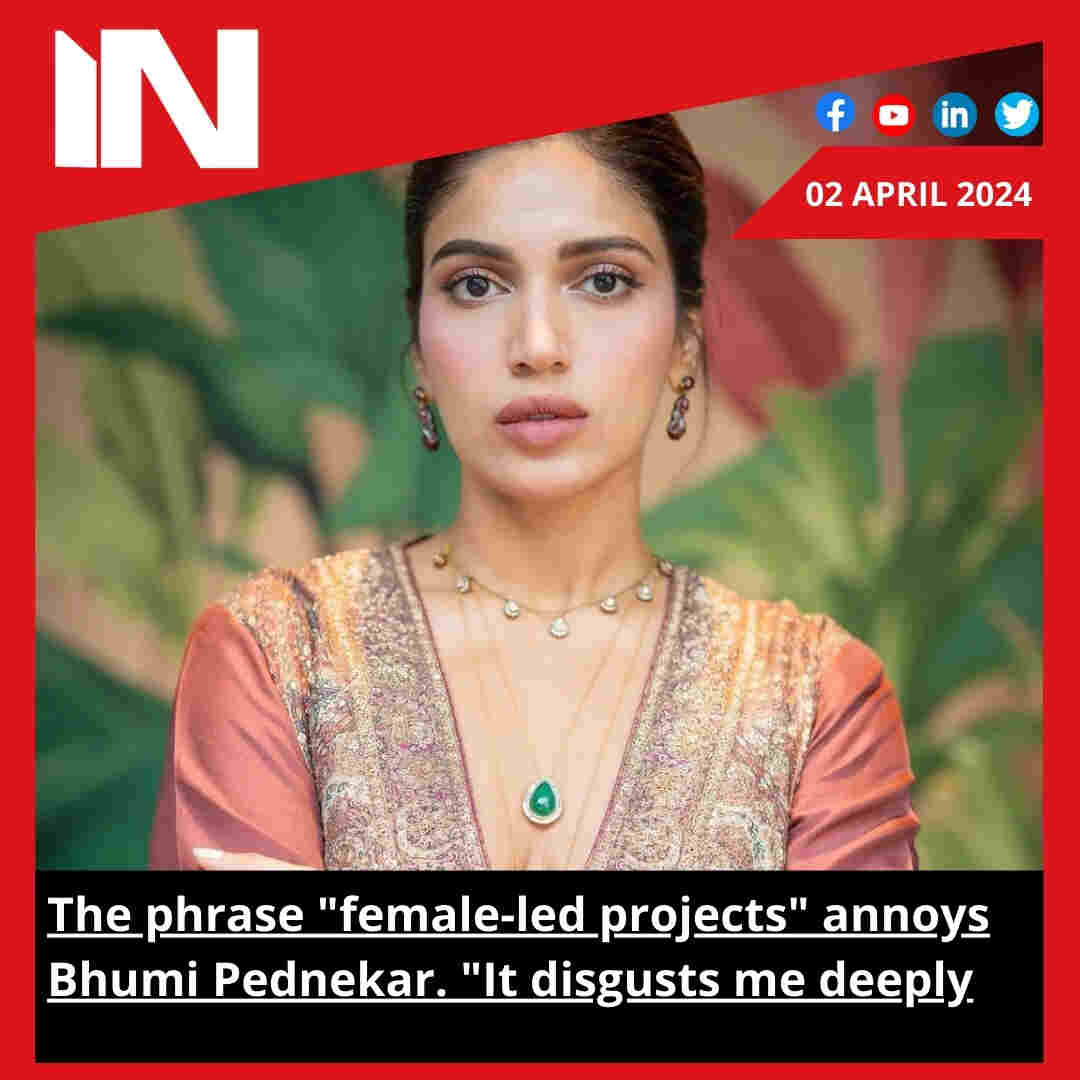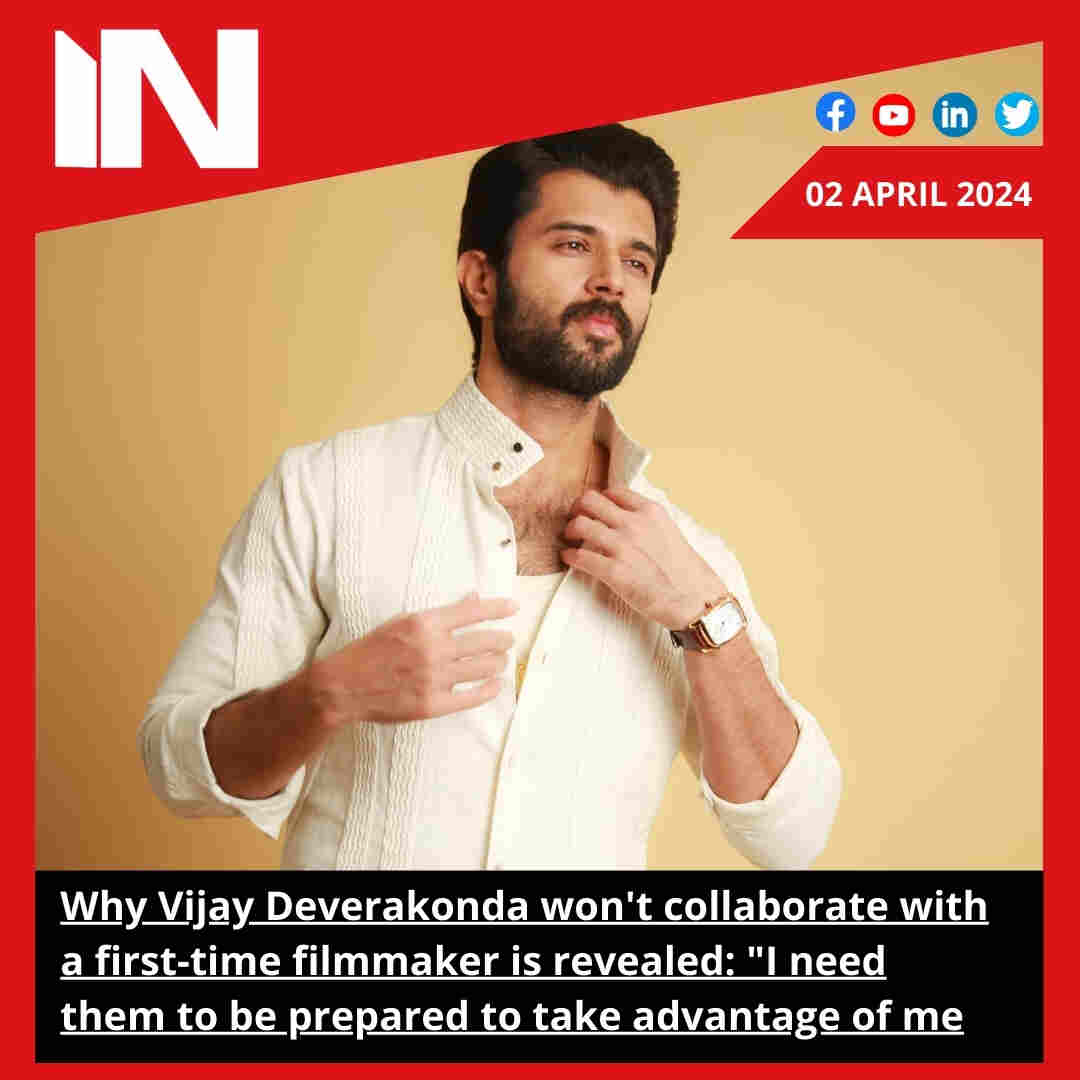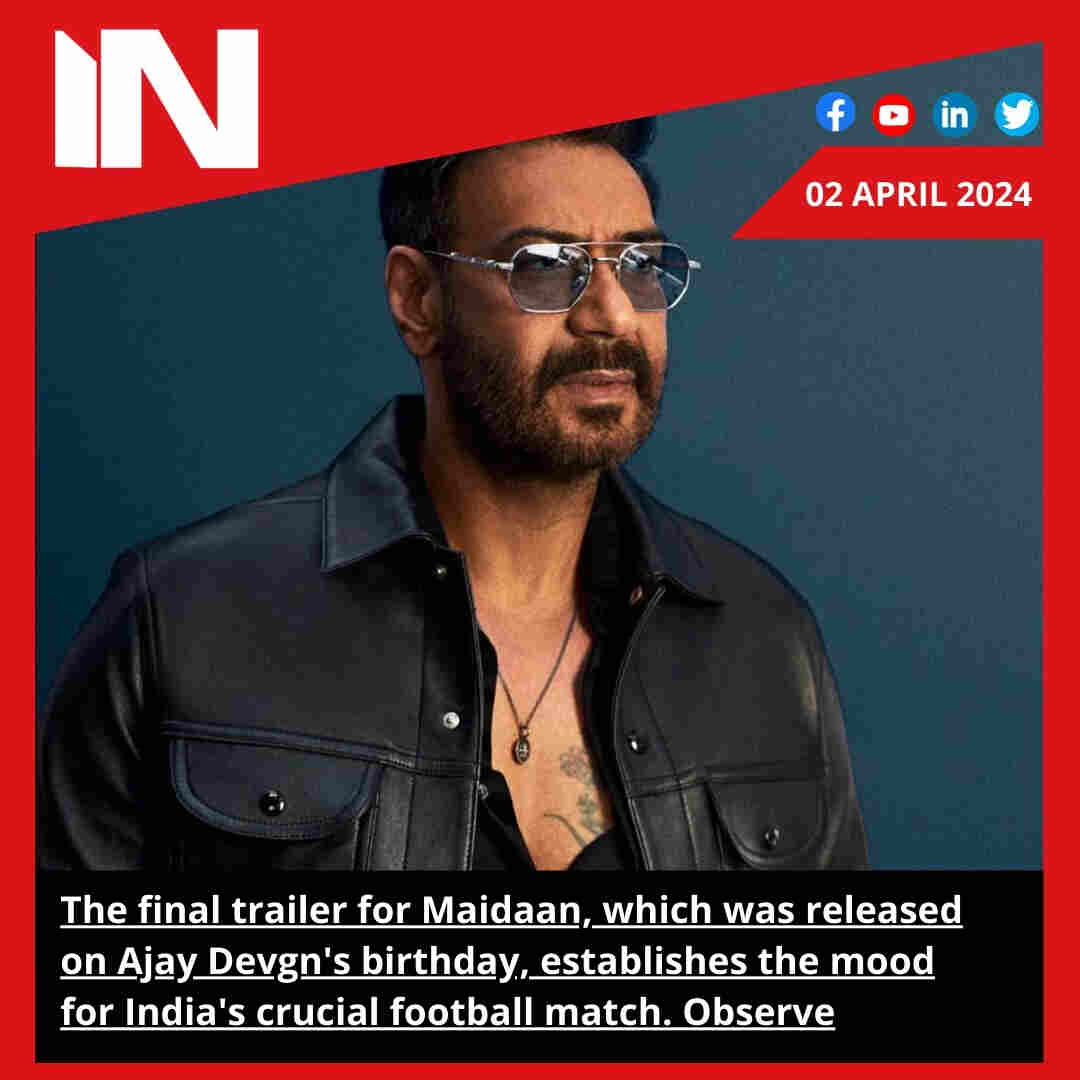TV
In Europe, Prime Minister Modi explains the ‘India First for the Common Good’ doctrine

Prime Minister Narendra Modi, speaking to the Indian diaspora in Berlin this week, positioned India as a global solutions provider or a force for global good. He also promoted his India First doctrine by promoting his “Make in India” manufacturing campaign, which was built on the foundations of good governance, enabling laws, and rapid infrastructure development.
Because it is an active rather than an inert doctrine, Prime Minister Modi’s India First for Global Good doctrine is a far cry from the country’s association with the non-aligned movement during previous Congress administrations. Many foreign policy wonks today define Indian foreign policy as strategically autonomous, multi-aligned, and aligned on specific issues, with some still believing in non-alignment after India, China, and the United Arab Emirates abstained from the UNSC vote on Ukraine. India also voted no in the UN vote to expel Russia from the Human Rights Council for its invasion of Ukraine, along with South Africa and South Africa.
While the Modi government contributed significantly to global vaccine support by supplying India-developed and manufactured vaccines to 100 countries, it also provided developed countries with massive amounts of pharmaceutical drugs such as HCQ in the first wave of Covid-19, which originated in Wuhan, China. Whether it was a tsunami, a global pandemic, or an economic crisis, it was the first responder on humanitarian assistance and disaster relief operations in the neighbourhood and beyond. India, along with its QUAD partners, is a prominent advocate of open seas and freedom of navigation in the Indo-Pacific, while leading by example in the global fight against climate change. India is ready to cooperate and play an active role in global stability under Modi’s leadership, without jeopardising its strategic autonomy.
Although India has decided to take a seat at the head of the table, the true test of Prime Minister Narendra Modi’s India First strategy will be the success of the “Atmanirbhar Bharat” model in the defence sector, which will ensure that India is not reliant on any other country to protect itself. In an uncertain world, where countries are known to change positions based on realpolitik and ruthlessness, this is the right strategy. The Modi government recognises that India’s rise will not be easy, with global powers unwilling to give New Delhi a seat at the table. Why should they, after all?
The fact is that while the Modi government is dissatisfied with the never-ending war in Ukraine and the deaths of innocent people, it was pragmatic enough to vote no on the Ukraine resolution because a large portion of India’s defence hardware still comes from Russia, and it will take at least a decade for India to become self-sufficient if the famed Indian military-civilian bureaucracy does not add a few more years in the name of protecting national interests.
A classic example is the Indian Navy’s Project 75 I, or air independent propulsion submarine project, which was conceived in 2009 but has yet to see the light of day due to the Indian military bureaucracy’s tedious and tendentious conditions in the RFP. Because of the delays in the 75I project, the submarine line built in Mumbai dockyards will be idle by next year when the last of the Scorpene class diesel submarines is completed. In the meantime, big powers have switched to nuclear-powered conventional missile attack submarines or ones equipped with state-of-the-art and long-lasting lithium batteries, rendering AIP technology obsolete. The Indian bureaucracy’s indecisiveness is to blame.
The India First doctrine can only be sustained if the Indian private sector delivers in the defence manufacturing sector by collaborating with defence majors from India’s close allies, such as France and the United States, to manufacture in India and export to third countries without export controls. France is willing to manufacture Safran aircraft engines in India without conditions, and India has made a similar offer to the United States. The Indian defence PSUs have yet to develop a shoulder-fired anti-tank guided missile like the US Javelin or the Israeli Spyder, or a credible indigenous armed drone, thanks to paper tigers in the Indian bureaucracy. The Ukraine war has demonstrated that the era of tanks is over, with stand-off weapons able to take them on without fear of retaliation.
While the Modi government is committed to assisting neighbouring countries with economic and infrastructure support, as well as being the first responder in natural disasters, New Delhi is well aware that all of these countries, with the exception of Bhutan, are playing the same cooperation game with China and benefiting the most by pitting one against the other. It’s important to remember that none of India’s neighbours share a border with each other, but they all have the potential to pose a national security threat to India by allying with China, such as Pakistan, Sri Lanka, and Nepal. In these circumstances, India’s best bet is to engage its neighbours bilaterally with no expectations until they stop playing the China or terror card. India is no longer stifled.
Entertainment
Partha Sarathi Deb, 68, a veteran Bengali actress, passes away in a Kolkata hospital; Jeet and Rupanjana Mitra pay respects
%20(1).jpg)
Partha Sarathi Deb passed away on Friday, and his remains were taken to Technician’s Studio at 12 pm.
Bengali actor Partha Sarathi Deb, aged 68, passed away at a Kolkata hospital while undergoing treatment, according to his family.
Partha passed away at 11:50 pm on Friday night due to COPD-related ailments. He had been admitted to state-run M R Bangur hospital for the last month, and his condition worsened over the past week, and he was in the ICU.
Jeet honours Rupanjana with a lengthy message
Actor Jeet expressed sadness over the loss of colleague and WBAF committee member Partha Sarathi Deb on X, sharing a photo and offering condolences to his bereaved family and friends.
Actress Rupanjana Mitra announced the news on Facebook, writing a lengthy note in Bengali.
Partha, the vice president of the West Bengal Motion Picture Artists Forum, condoled the death of actor Amit Shah and announced that his body would be taken to Technician Studio, a familiar place for him.
The forum is deeply saddened by the actor’s passing and will keep his remains at Technician’s Studio on March 23, where his loved ones, teammates, and well-wishers can pay their last respects.
About Partha
Partha, a popular serialist, has acted in over 200 works, including theatre, serial, film, and web series. He has appeared in serials like Joyee, Chuni Panna, and Mithai, and starred in movies like Prem Aamar, Kakababu Here Gelen, Lathi, and Bogla Mama Jug Jug Jiyo.
Group Media Publications
Entertainment News Platforms – anyflix.in
Construction Infrastructure and Mining News Platform – https://cimreviews.com/
General News Platform – https://ihtlive.com/
Podcast Platforms – https://anyfm.in
-

 Bollywood2 months ago
Bollywood2 months agoAishwarya Rai maintains her stunning appearance in a new L’Oreal ad.
-

 health and remedies2 months ago
health and remedies2 months agoThe article discusses the potential health risks associated with swallowing dry ice
-
.jpg)
.jpg) Music1 month ago
Music1 month agoSidhu Moosewala’s father and baby brother feature on Times Square billboard; fans react. Watch
-
Bollywood3 weeks ago
Rasha, the daughter of Raveena Tandon, discusses how trolling affects her: “I think in processing it, feeling bad for a bit.”
-

 Entertainment2 months ago
Entertainment2 months agoThe Anant Ambani-Radhika Merchant pre-wedding bash in Jamnagar has received a list of guests.
-

 Trending2 months ago
Trending2 months agoDolly Chaiwala: “Didn’t Know Who He Was” in reference to giving Bill Gates tea
-

 Bollywood4 weeks ago
Bollywood4 weeks agoThe phrase “female-led projects” annoys Bhumi Pednekar. “It disgusts me deeply.”
-

 Trending2 months ago
Trending2 months agoOppo Reno 12 Pro Key Features Leak Online: Expected to Receive a 1.5K Display with a Density 9200+ SoC




%20(1).jpg)
%20(1).jpg)
%20(1).jpg)
%20(1).jpg)
%20(1).jpg)
.jpg)





